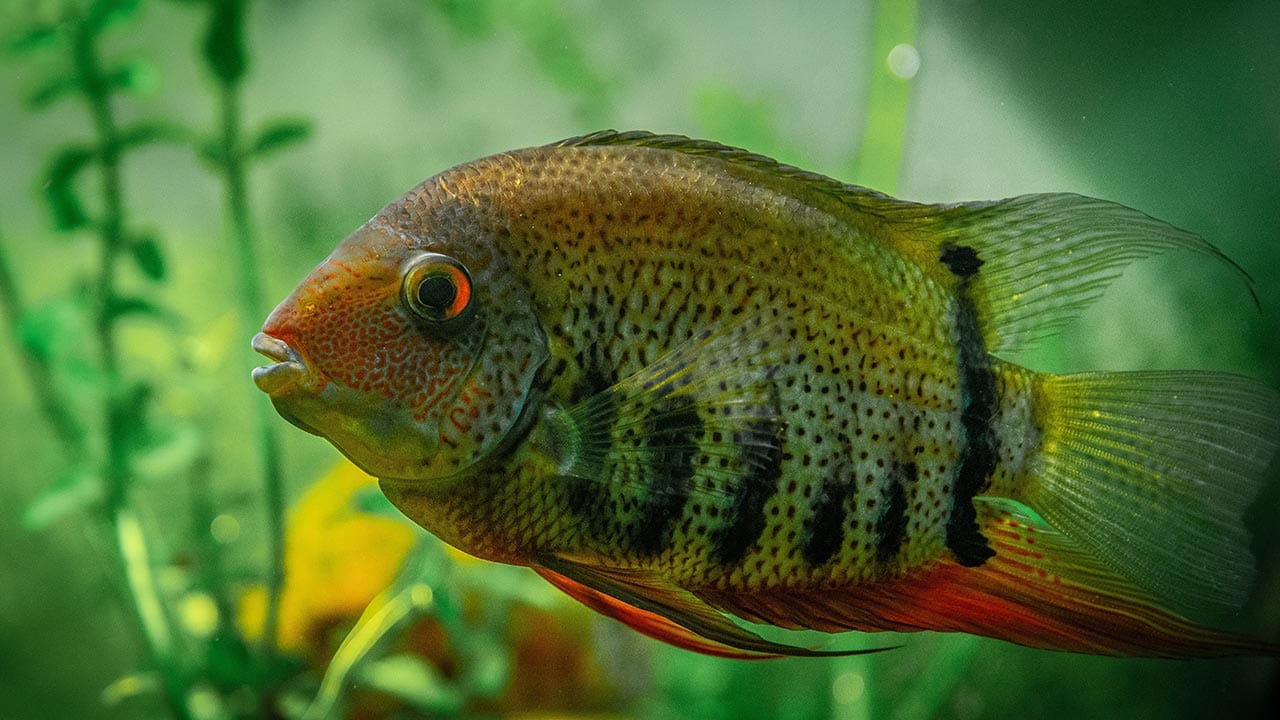CBD Improves Health of Farmed Fish
Summarize

Researchers decided to study the effect of various CBD doses on the health of the Nile tilapia cichlid fish raised in an artificial environment. The fish is farmed worldwide to sell for food and research purposes. The study found that mixing a certain amount of CBD with fish food reduced aggressiveness in the fish and promoted reproduction.
This research was undertaken because fish raised in an artificial environment rather than their natural environment experience chronic discomfort. This condition has several effects on the health of the fish, including reduced reproduction and food consumption, weight loss and immune system impairment. The Nile tilapia was chosen for study because it is commonly raised on fish farms which is an artificial environment.
Though some chemicals and vitamins can reduce discomfort in fish, the researchers wanted to test CBD because of growing evidence it has high medicinal and pharmacological properties that benefit humans. CBD can decrease aggressiveness in mammals by activating CB1 and 5-HT1A receptors. This study hypothesized that CBD could decrease aggressiveness in fish and improve reproductive development.
During this research project, different doses of CBD were mixed with fish food and fed to fish during a five-week isolation period in an artificial setting. The CBD doses tested were zero, one, 10 and 20 mg/kg. The fish, not given any CBD, were the control group. The other doses were mixed with food and fed to groups of fish for five weeks.
The fish fed 10 mg/kg of CBD experienced a significant decrease in the number of attacks as measured by using a mirror to reflect the fish’s image which prompted aggression. The fish fed 20 mg/kg of CBD experienced calm. Both the 10 mg/kg and the 20 mg/kg CBD doses decreased cortisol levels and the gonadosomatic index which is a measure of reproductive activity. The one mg/kg and 10 mg/kg decreased the spermatozoa count.
This study can be an important step in using CBD in various farming activities like aquaculture and animal husbandry. As a natural compound extracted from the Cannabis sativa plant, CBD may potentially reduce disease in fish and animals and increase food production due to captivity or transportation. The researchers concluded,
“Therefore, we showed for the first time that CBD could be used as a tool to increase non-mammal welfare, presenting a great potential to be explored in other husbandry and captivity species.”
Share this post


0